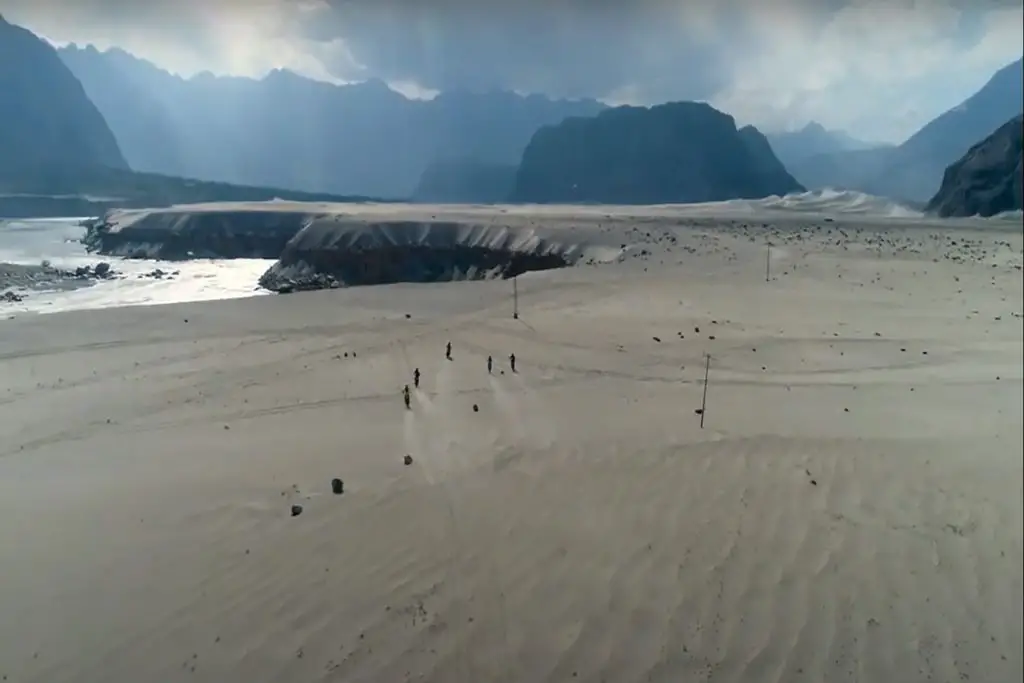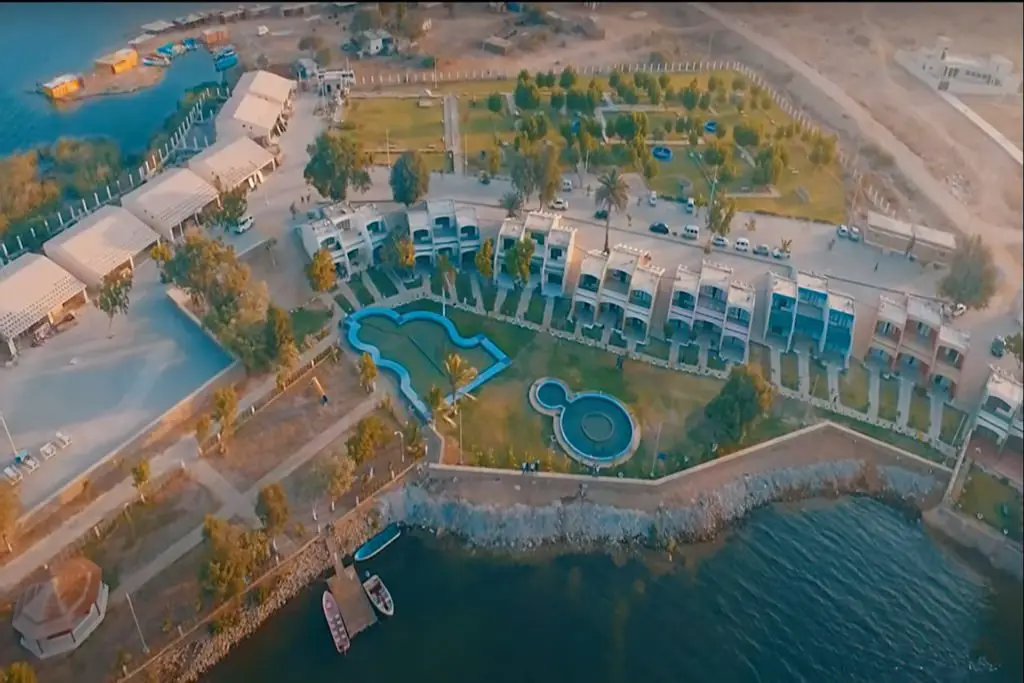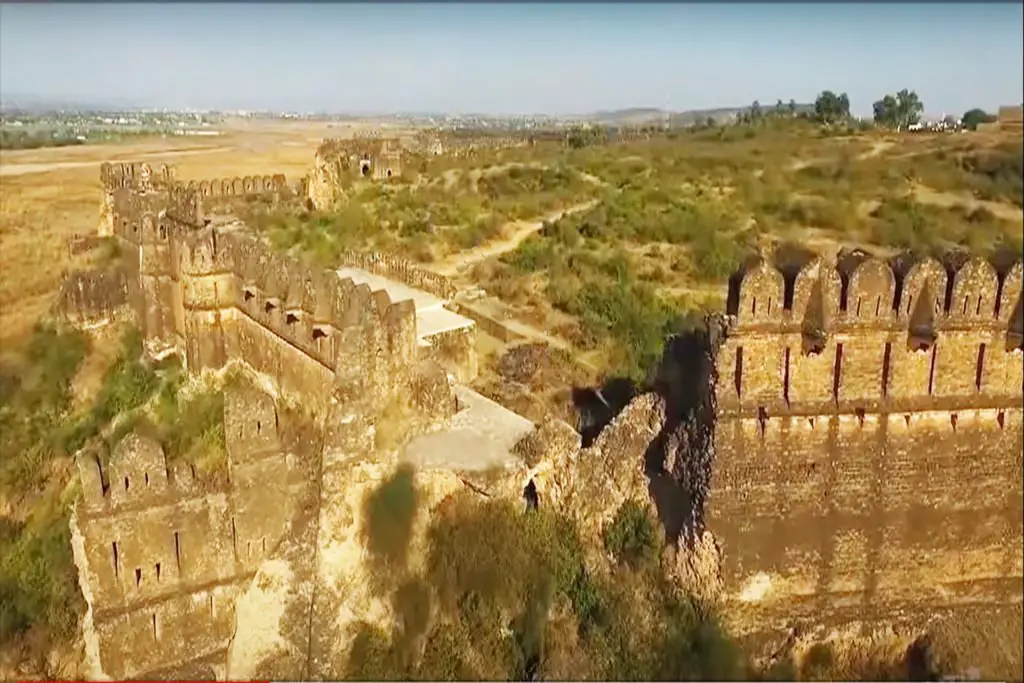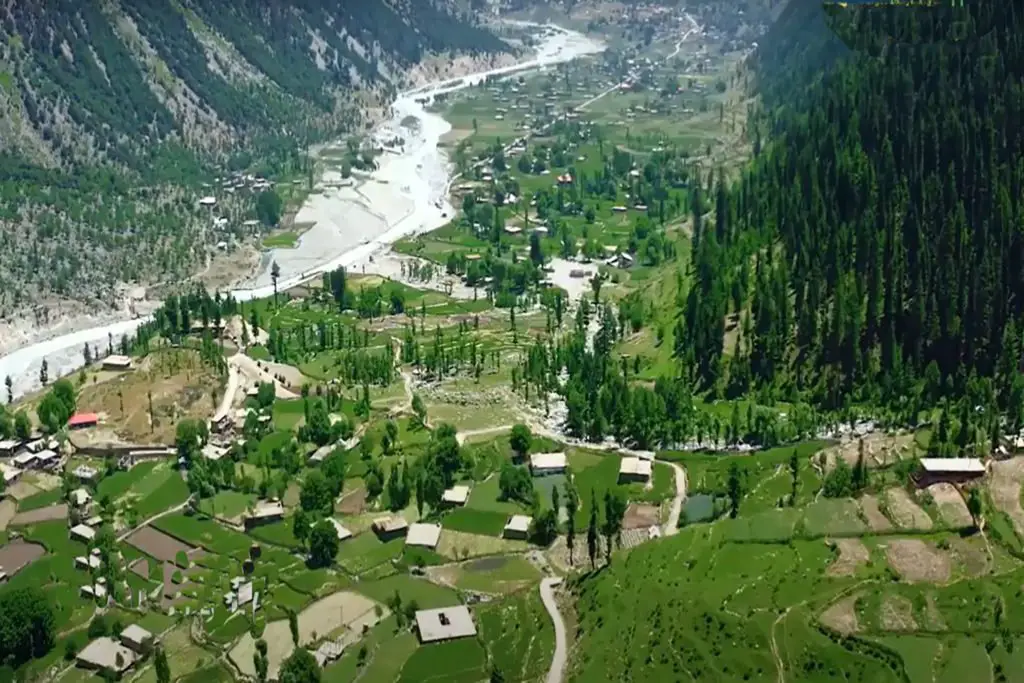Nestled in the heart of the South China Sea, the Paracel Islands have long been a subject of geopolitical contention, historical significance, and environmental importance. This article delves into the complex history, territorial disputes, ecological richness, and contemporary implications surrounding the Paracel Islands.
Historical and Geopolitical Background
The Paracel Islands, also known as Xisha Islands in Chinese, are a cluster of more than 30 islets, reefs, and shoals spread across a wide expanse of the South China Sea. These islands have been historically frequented by fishermen, traders, and seafarers from various countries, including China, Vietnam, and other Southeast Asian nations.
Territorial Disputes
Despite the islands’ historical use by various nations, they have become a focal point of territorial disputes in recent decades. Multiple countries, including China, Vietnam, Taiwan, and the Philippines, lay claim to the Paracel Islands. The disputes center around sovereignty, historical connections, and maritime boundaries, leading to ongoing tensions and diplomatic challenges.
Ecological Significance
Beyond their geopolitical significance, the Paracel Islands harbor diverse and fragile ecosystems. Coral reefs, seagrass beds, and a variety of marine species thrive in these waters. The archipelago’s rich biodiversity makes it ecologically important for the South China Sea region, emphasizing the need for conservation efforts to protect these delicate habitats.
Environmental Threats
The Paracel Islands face environmental threats, largely due to overfishing, destructive fishing practices, and pollution. These issues endanger the marine life and ecosystems that rely on the islands’ waters. The struggle to balance resource utilization with conservation efforts adds a layer of complexity to the ongoing disputes in the region.
Contemporary Implications
The contested nature of the Paracel Islands has far-reaching implications for regional stability, maritime security, and international relations. Tensions between claimant countries have at times escalated, leading to naval standoffs and diplomatic friction. The disputes have also garnered international attention, with concerns raised over the potential for conflict and the impact on global trade routes.
Diplomacy and Negotiations
Efforts to resolve the Paracel Islands dispute have involved diplomatic negotiations, legal arguments, and international arbitration. However, finding a lasting resolution remains challenging due to deeply ingrained historical narratives, domestic politics, and varying interpretations of international law.
The Paracel Islands stand as a microcosm of complex geopolitical, environmental, and historical dynamics that shape our world. The archipelago’s contested nature underscores the delicate balance between sovereignty, resource utilization, and ecological preservation. As nations continue to navigate these challenges, the Paracel Islands remain a symbol of the intricate interplay between land, sea, politics, and history in the ever-evolving tapestry of global affairs.






